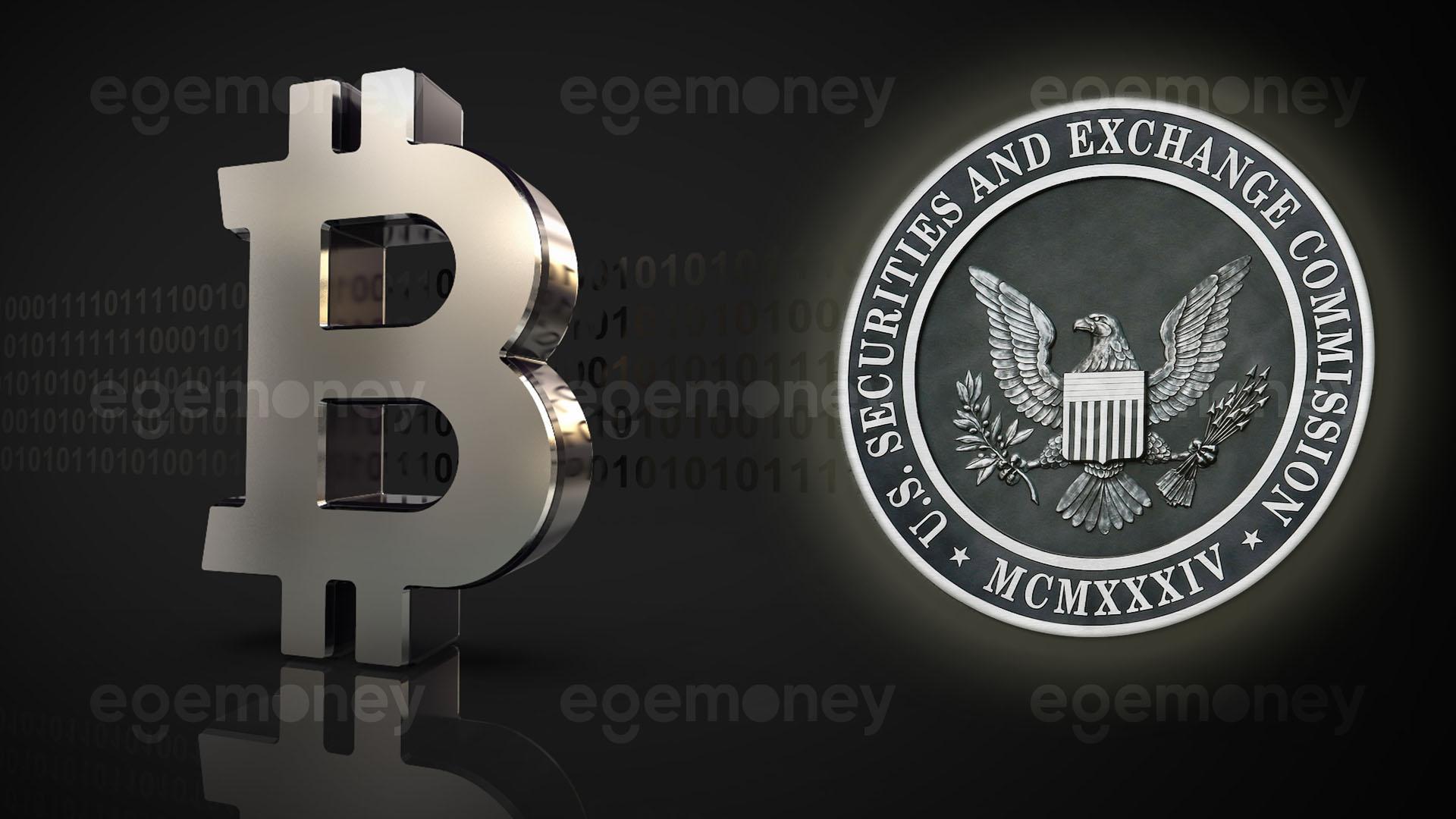The U.S. Securities and Exchange Commission (SEC) has initiated the process to decide the future of spot Bitcoin exchange-traded funds (ETFs) and is seeking public opinion on the matter. The current files include proposals from BlackRock, Valkyrie, Invesco, and Bitwise.
On September 28, the U.S. Securities and Exchange Commission (SEC) presented several files related to spot Bitcoin exchange-traded funds (ETFs).
These files initiate the processes through which the SEC will decide whether or not to approve proposed rule changes. If these rule changes are accepted, spot Bitcoin ETFs could begin trading on commodity exchanges.
In its latest files, the SEC is asking for opinions on various topics. In the first section, views are requested on whether the proposed spot Bitcoin ETFs are susceptible to fraud and manipulation.
In another section, the SEC is asking what people think about Bitcoin (BTC)’s geographically dispersed trading activity, relatively slow transactions, and the amount of capital required for significant participation in each trading platform, in terms of naturally protecting the market from manipulation. The SEC is also asking for opinions on whether a surveillance-sharing agreement with Coinbase helps in detecting, investigating, and preventing fraud.
BlackRock, Valkyrie, and Others Affected by This Development
The SEC issued orders for multiple ETFs simultaneously. Two files are related to BlackRock (iShares) and Valkyrie proposals aiming for Nasdaq listing, while another is related to the Invesco Galaxy proposal aiming for Cboe BZX listing.
While each order is similar to the others, the SEC issued a much more detailed order for Bitwise’s spot Bitcoin ETF proposal aiming for NYSE Arca listing, which is different from the proposal submitted by BlackRock. This document is a full 88 pages long, while the others are only 8 pages long. Additionally, Bitwise added 40 more pages to its proposal this week.
Files Do Not Delay SEC Decision
Contrary to other reports, the orders do not explicitly delay the SEC’s decision on the relevant applications. However, the large amount of informatio n that the SEC requests could prolong the process.
Even if the SEC can’t delay its decision further, it can choose to reject each proposal. In that case, the applicants can make new applications and restart the process.
Although the title of each order suggests that the SEC could approve each ETF, some sections of the current files carry a negative tone. Specifically, the regulator states, ‘we are considering reasons for denial’ and says that the current processes have not resulted in a conclusion on any issue.







